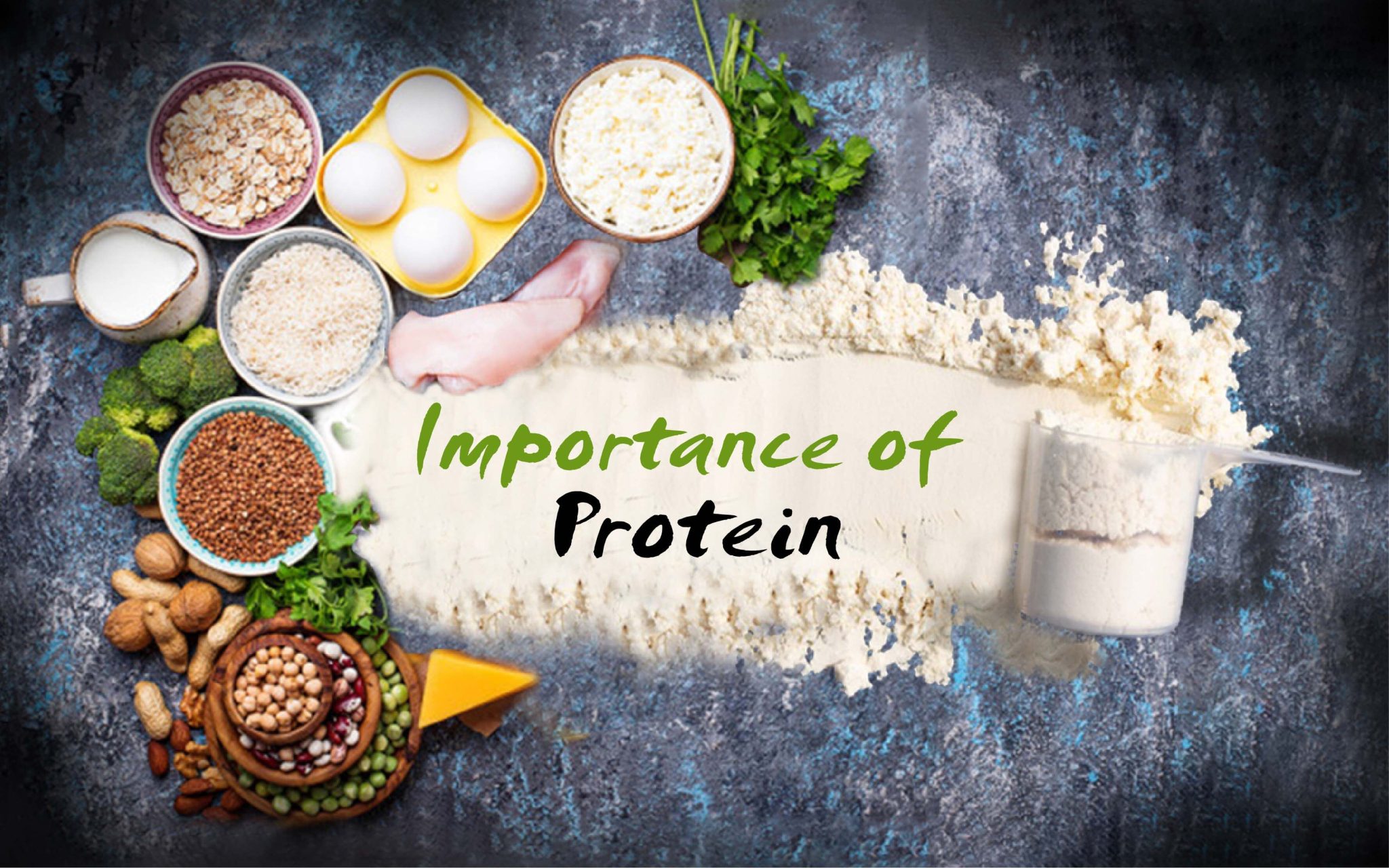
🥩 Why Is Protein Necessary to Our Body? | Complete Guide
Protein is often called the building block of life — and for a good reason! Every cell in our body contains protein, and it's essential for countless biological processes. Whether you're trying to build muscle, lose weight, heal from an injury, or simply stay healthy, protein plays a vital role.
In this blog, we’ll explore:
✅ What protein is
✅ Why protein is essential for our body
✅ Daily protein requirements
✅ Best sources of protein (vegetarian and non-vegetarian)
✅ Signs of protein deficiency
✅ FAQs about protein
🧬 What Is Protein?
Protein is a macronutrient, like carbohydrates and fats, but it stands out because it’s responsible for building and repairing tissues. Proteins are made up of amino acids, some of which the body can make (non-essential), while others must come from food (essential amino acids).
💪 Why Is Protein Necessary for the Body?
Here are key reasons why protein is vital for your body:
1. Builds and Repairs Muscles
Whether you lift weights or simply go for a walk, your muscles need protein to grow and recover. After any physical activity or injury, protein helps repair muscle fibers.
2. Supports Enzymes and Hormones
Many hormones (like insulin) and enzymes are made of proteins. These regulate essential functions like metabolism, digestion, and mood.
3. Boosts Immunity
Antibodies that protect us from diseases are proteins. Without enough protein, your immune system weakens, making you prone to infections.
4. Promotes Healthy Skin, Hair & Nails
Keratin, collagen, and elastin — all made from proteins — are key for glowing skin, strong nails, and thick hair.
5. Helps in Weight Management
Protein keeps you fuller for longer. It reduces cravings, increases metabolism, and prevents overeating — all crucial for healthy weight loss.
6. Balances Body Fluids
Proteins like albumin and globulin help maintain the body’s fluid balance and prevent swelling (edema).
📏 How Much Protein Do You Need Daily?
The Recommended Dietary Allowance (RDA) for protein is:
Men: 56 grams/day
Women: 46 grams/day
Athletes or Bodybuilders: 1.2–2.0 grams per kg of body weight
Note: Pregnant and lactating women need slightly more protein.
🥦 Best Sources of Protein
🥩 Non-Vegetarian Protein Sources
Chicken breast
Eggs
Fish (salmon, tuna)
Lean beef
Yogurt and cheese
🌱 Vegetarian Protein Sources
Lentils (dal)
Chickpeas
Soybeans and tofu
Nuts and seeds (almonds, chia)
Milk and paneer
Quinoa and oats
🥤 Supplements (if needed)
Whey protein
Plant-based protein powders
Always consult a healthcare provider before starting supplements.
⚠️ Signs of Protein Deficiency
A lack of protein can lead to:
Muscle loss or weakness
Frequent infections
Hair thinning or hair loss
Swelling in legs or feet
Mood changes and fatigue
Slow healing of wounds
❓ FAQs About Protein
Q. Can I consume too much protein?
Yes. Excess protein can strain your kidneys and may lead to dehydration or digestive issues. Balance is key.
Q. Do vegetarians get enough protein?
Absolutely! With a planned diet including lentils, soy, nuts, and dairy, vegetarians can easily meet their protein needs.
Q. Is protein only important for athletes?
Not at all. Everyone — from children to elderly — needs protein for everyday functions, healing, and immunity.
📝 Conclusion
Protein is not just a fitness buzzword — it's a lifesaving nutrient your body needs every day. From building muscles and repairing tissues to supporting your immune system and glowing skin, protein does it all.
➡️ Whether you’re a student, a professional, a parent, or a senior, make sure your plate has enough protein.
Eat smart. Stay strong. Stay healthy. 💪
